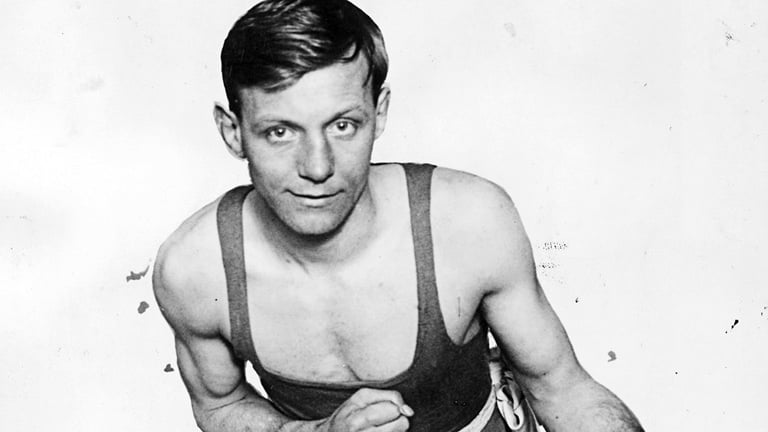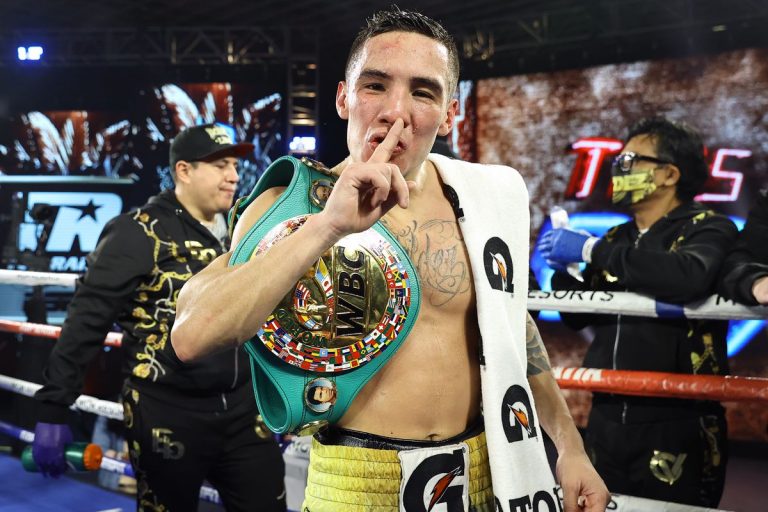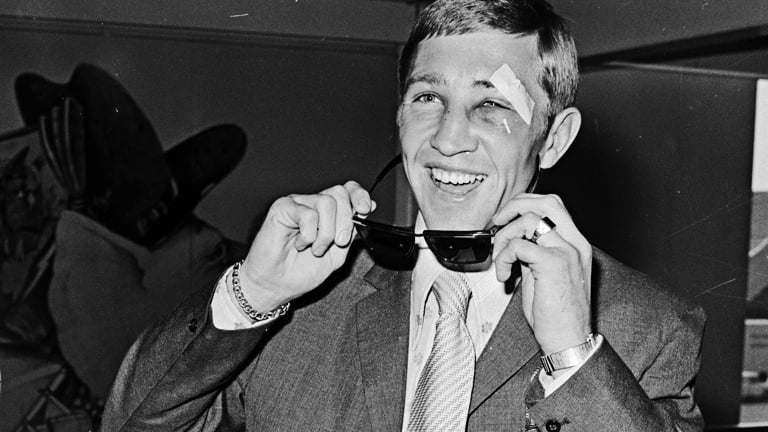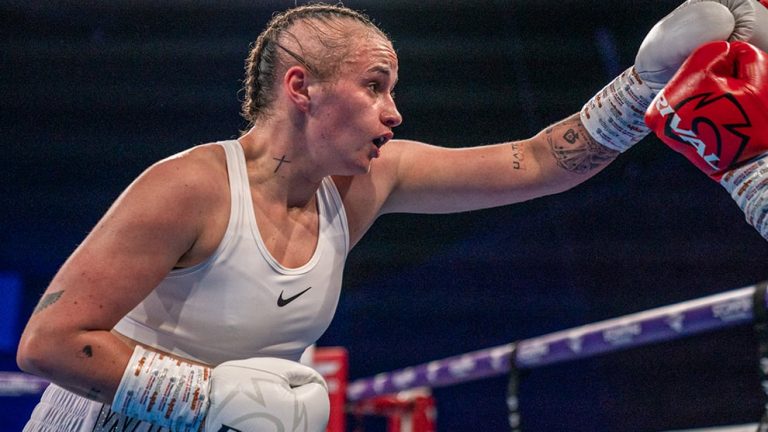An exciting champ with charisma, Jackie Paterson deserves greater recognition
AFTER the demise of Benny Lynch, the world flyweight champion, in June 1938, Britain was still in an excellent position to provide enough little men to contest the newly vacant title.
Lynch had failed to make the weight in a defence against the American, Jackie Jurich, at the home of St Mirren football club in Paisley, coming in not only above the flyweight limit but, at eight stone, six and a half pounds, also above the bantamweight limit.
Despite being knocked out by Lynch in 12 rounds, Jurich claimed the vacant title, having made the weight. The Ring magazine was quick to recognise him as champion, but the EBU and the BBBC did not.
There were more than enough little men in Britain and Europe with an equally good claim as Jurich, including the man that the Ring had at number one in its rankings, Peter Kane of Golborne, Lancashire. Three months later, on September 22, 1938, Kane and Jurich met to contest the vacant title at another football ground, Anfield in Liverpool, and Kane won convincingly in front of over forty thousand ecstatic fans.
Since its inception in 1913, the UK had established a fine tradition in the lightest division with Jimmy Wilde (pictured below), one of the greatest pound-for-pound boxers of all time heading the list.

Immediately after Kane’s victory, six other British challengers were rated in the world top ten. Tiny Bostock and Tut Whalley, both from Stoke-on-Trent, were rated at No.4 and No.5, and Pat McStravick, Pierce Ellis, Paddy Ryan and Tommy Stewart were ranked from No.7 to No.10. Over the next six months, another seven different British fighters cracked the top ten and the last of these, Jackie Paterson, was the lad who was to break through.
Lynch has a cult following to this day and most people who follow the sport, whether they appreciate its history or not, will have heard of him. Paterson, on the other hand, will be known today by few and this is a shame, because Jackie had everything that Lynch had.
Paterson was a banger with excellent boxing skills. He had charisma and he could fill a venue, inside or out. Above all he was an exciting fighter, just as Benny had been, and Scotland can be proud of producing two stand-out world flyweight champions within such a short time.
Jackie turned professional in May 1938 after winning the Scottish title as an amateur. Within one year, he had won the Scottish flyweight title by crushing Fred Tennant in 11 rounds at Dundee Ice Rink, and he followed that up with two first-round knockouts over Tut Whalley and Eric Jones, both of whom were world-rated at the time.
The win over Jones, which was achieved in only 26 seconds, was an eliminator for the British title, and in his next contest, Jackie was matched with Manchester’s Paddy Ryan for the vacant title.
The match took place at Carntyne Greyhound Stadium in the east end of Glasgow, and it was the first major contest to take place since the outbreak of war, just four weeks previously. As a result, the event was overseen by a series of barrage balloons, there to protect the area from attack by the Luftwaffe.
The only bombs that landed that day were on the chin of the game Mancunian, who took a rare shellacking for 13 rounds before he succumbed to a perfect left hook that knocked him spark out.
Peter Kane, meanwhile, had given up his world title to compete as a bantamweight, but in 1943, with his return to the lighter division, Kane was selected by the BBBofC to meet Paterson in a contest for the vacant world title. Once again, Paterson detonated a couple more left-handers to blast Kane out within a minute.
Like Lynch, Jackie was to meet a tragic end. He was stabbed to death in South Africa in 1966, aged only 46, in a drink-related incident.




